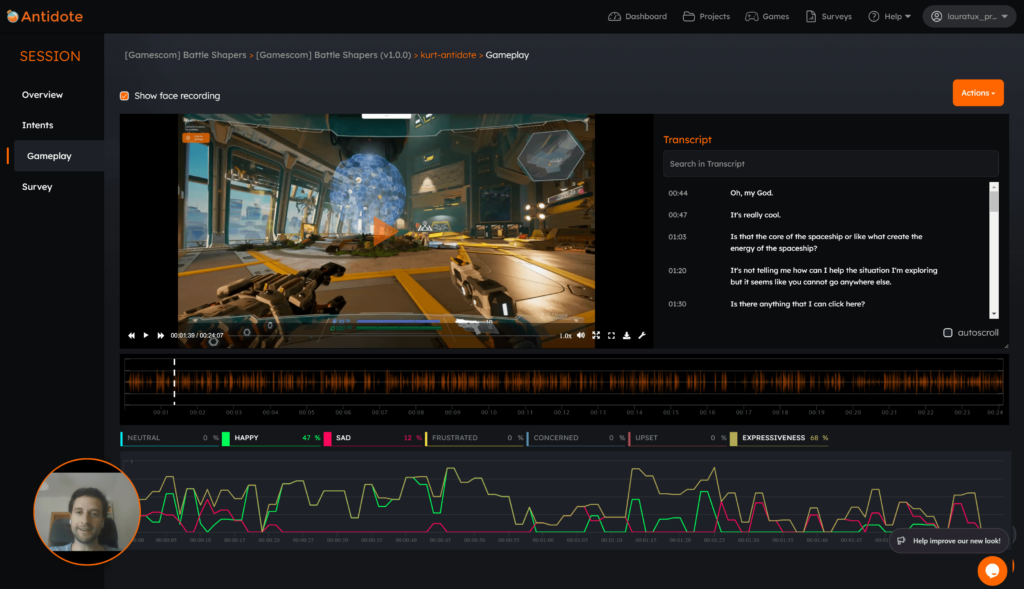We recently asked women in our player community about their experiences with video games, including how they began playing, their other hobbies, and how they balance their obligations with their free time.
405 women from diverse backgrounds, geographic locations and from 16 to 77 YO collaborated in this research.
Based on the results, here are the key findings that shed a light on the intricate relationship between women and leisure activities.
What’s leisure time?
Time when one is not working or occupied; free time.
And why do women have less of it?
Traditional gender roles often place a heavier burden on women when it comes to household chores, childcare, and eldercare, leaving them with limited time for personal hobbies and relaxation.
Additionally, workplace inequalities, such as unequal pay and limited parental leave policies, can contribute to women feeling more pressured to prioritise work over leisure activities. These factors combined can result in women having less discretionary time to pursue their interests and engage in leisure activities compared to men.
In our community research, we found out that there are diverse reasons why 39% of the participants find it complicated to distribute their free time within hobbies and obligations:
- Family responsibilities, like caregiving and parenting, is one of the main reasons why women can barely have free time besides their personal development activities like a full-time job and studies.
- Household chores and exhaustion and fatigue from daily demands are big obstacles to enjoying leisure time.
- Having other interests presents a difficulty to balance time between activities.
Besides gaming, almost half of the participants are into visual arts and reading diverse materials (manga, novels, comics, poetry), while smaller portions show interest in crafting, sports, dancing, outdoor activities, tabletop gaming, music and studying diverse subjects like history or languages.
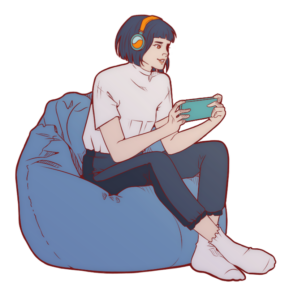
Initiation into Gaming
Many of us found our way into the world of video games through a mix of curiosity and encouragement.
A significant 65.43% of respondents started gaming out of their own interest, on the other hand, 34.57% of participants had a gentle push into gaming from friends, family, or mentors.
A majority (56.30%) of them embarked on this journey between the ages of 0 and 10, highlighting an early exposure to gaming in their lives.
This access was often facilitated by asking parents or adults for the console/computer (31.60%) or receiving it as a gift (27.41%). Additionally, many respondents (30.12%) mentioned that the gaming device was already present in their household, further facilitating their entry into the gaming world.
How did you start playing video games?
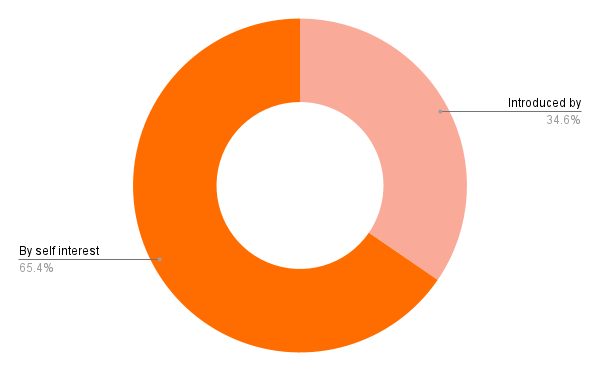
How did you get your first Console/PC?
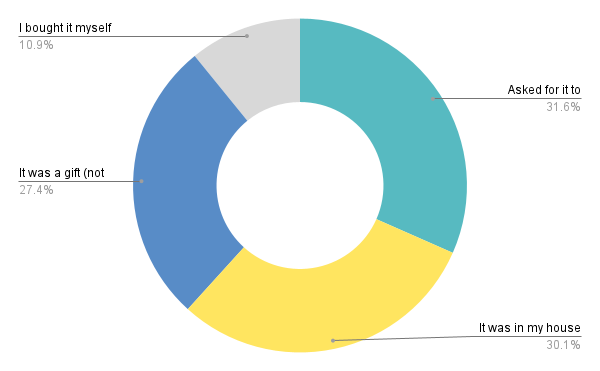
Gaming preferences of the community
When it comes to preferences, there is an interesting mix of titles that women play together that are all connected with being stunning in the areas that most of the community showed more interest to: Narrative/Storytelling, Gameplay, and Character Customization. Art and Graphics are also relevant.
About multiplayer experiences, co-ops are preferred over competitive games. And it’s not-surprising that the social part of online gaming is less interesting for women, since it’s known that we still have issues with the toxicity and “dangers” that women can potentially face in social situations that involve gaming communities.
Most chosen genres are Action/Adventure, Puzzles and Casuals, RPG/ARPG and Simulation.
Which of these genres do you play the most?
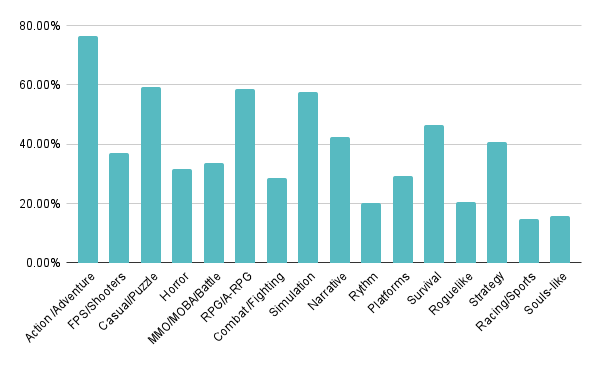
Which of these aspects do you enjoy the most in a game?

On which platform do you play?
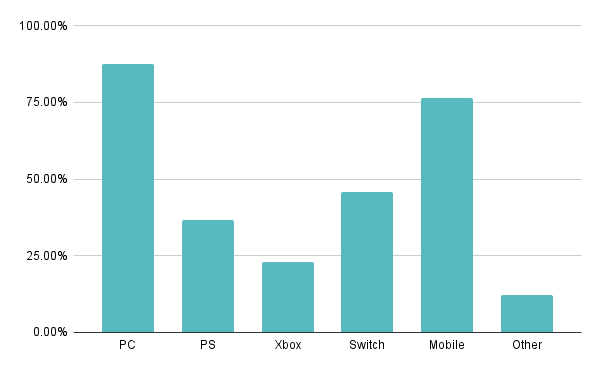
How can Gaming be improved for women?
- Female protagonists and character customization:
Being able to customize avatars that offer diverse physical representations, including skin tones, body types and hairstyles, offers the possibility of creating a character that reflects identity and preferences. Also, when talking about female protagonists, or side characters, the main concern is over-sexualization.
- Storylines and Narrative Depth:
This is a highly valued point by the Antidote women’s community- captivating and immersive stories with narratives that don’t reduce women to one-dimensional stereotypes or clichés, with emotional depth, diverse perspectives and character development.
- Inclusive and Non-Toxic Gaming Community:
Create inclusive and welcoming environments in games and gaming communities where women feel safe, supported, and valued. Stricter measures against harassment, discrimination and toxic behavior in online gaming environments.
- Feedback and Collaboration:
Listen to feedback from female gamers and involve them in discussions about representation and inclusivity. Collaboration between developers and players can lead to more meaningful and relevant content.
A light of hope for change
To fully enjoy video games and their free time in general, women need support, equal incomes, but also being heard and represented.
There are more and more women in gaming development over time. In an environment that, even though it is inhabited in equal parts by male and female audiences, representation is still an issue. Women in games are still hyper-sexualized and moulded for male consumption, but we can find a strong and determined woman starring in a game or behind the curtains creating them.
For the girlies out there who want to be part of this industry, go ahead and take the step: don’t be afraid to change the world.
Trust your knowledge, trust your visions, trust your gut.
